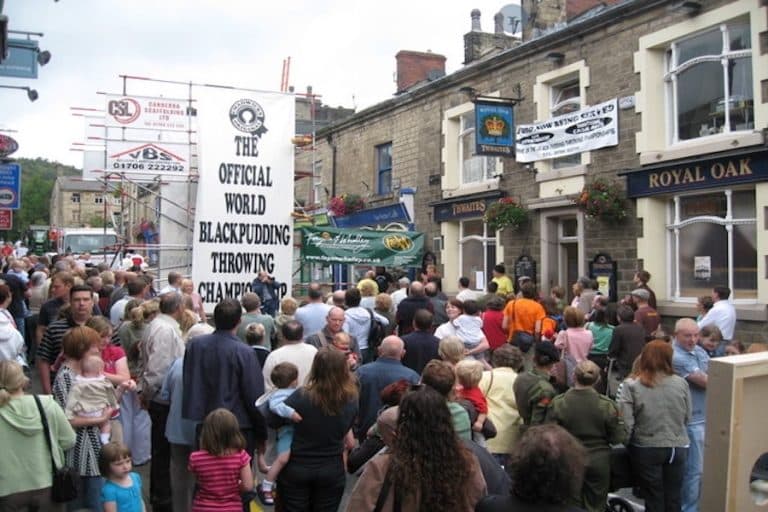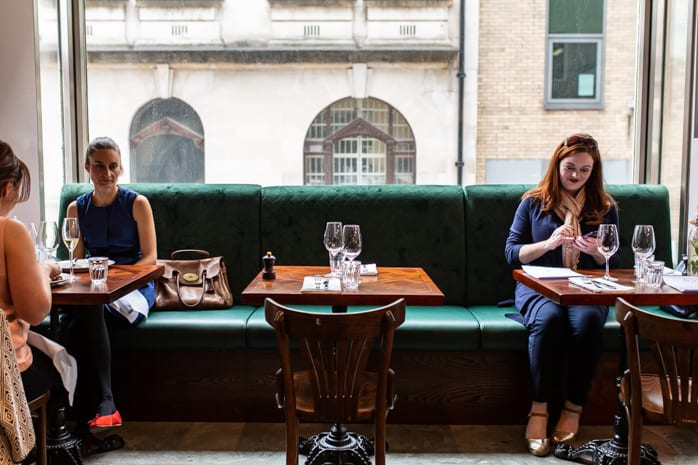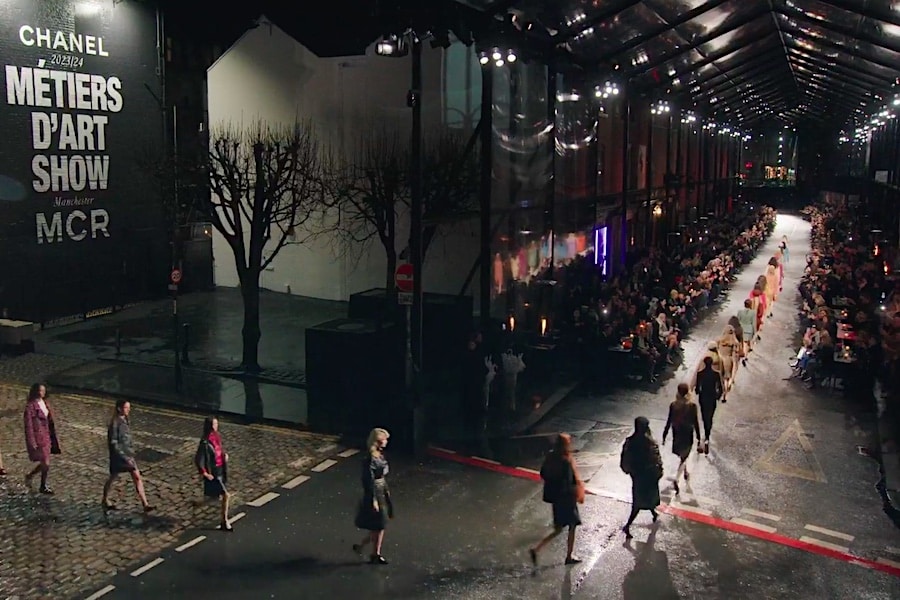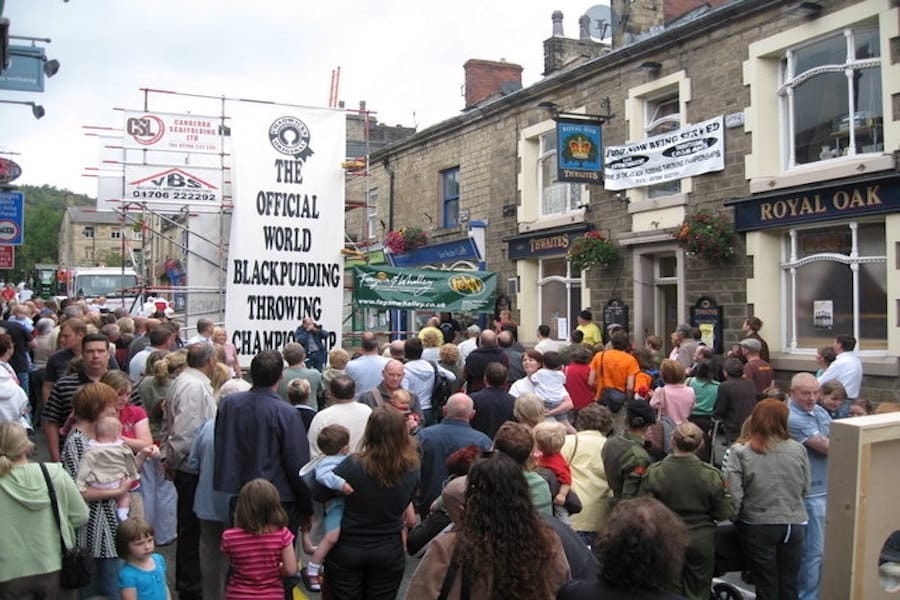Most Manchester bars and restaurants will make redundancies – new survey
- Written by I Love MCR
- Last updated 5 years ago
- Uncategorized
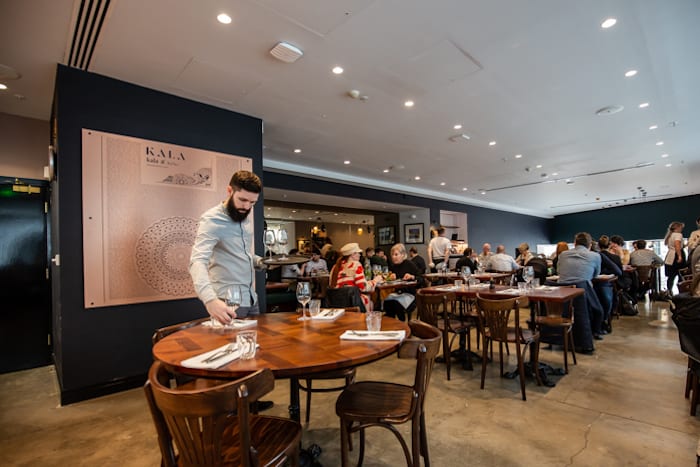
Well over half of Manchester bars and restaurants will have to make redundancies over the next 12 months either because they can’t afford rent while shut or they need occupancy of more than 80% to make a profit.
New data published today on behalf of Night Time Economy Adviser for Greater Manchester Sacha Lord has shed light on the current position of the hospitality sector in Greater Manchester.
The Status of the Night Time Economy survey questioned a focus group of businesses working within the sector including bars, restaurants, cafes, coffee shops, live music venues, artists and performers across Greater Manchester.
It found that 90 per cent of those businesses have closed as a result of the Covid-19 pandemic, with only seven per cent staying open to offer reduced services such as delivery and/or takeaway.
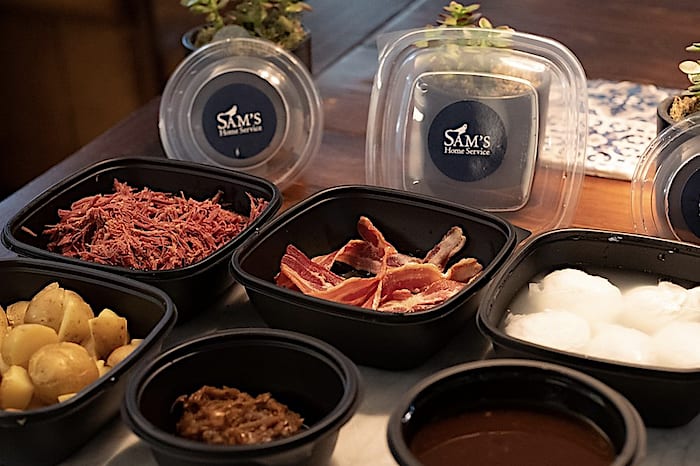
Over a third (38 per cent) of businesses said they will not be able to reopen fully to pre-pandemic levels, with nearly one in ten (9 per cent) saying they will be closing permanently.
While over a third (39 per cent) of Greater Manchester businesses have successfully applied for and received the government’s Retail, Hospitality and Leisure Grant Fund, one in ten (13 per cent) have been ineligible for, or have been declined, any financial aid (either the Retail, Hospitality and Leisure Grant Fund and/or the CBILs loan).
In terms of pressures from landlords on businesses in across Greater Manchester, half (50 per cent) of those questioned said they are required to pay full rent for June despite being closed.
Read more: Will Manchester’s pubs, bars and restaurants re-open in June?
However, there is evidence of some leeway from landlords, with 18 per cent reporting their rent has been cancelled or postponed for June, and 16 per cent saying they are only required to pay a reduced sum.
But the most worrying figures come in the shape of staffing – two-thirds (67 per cent) expect to make redundancies over the next 12 months, including 80 per cent of restaurants.
“There’s no right or wrong answer,” says Elite Bistro founder Gary Usher. ” Pleased to say this week sees the return of six or more of our team from the furlough scheme back to full time employment in Elite Bistro.”
I hope this doesn’t encourage any other hospitality businesses to feel they have to do the same. There’s no right or wrong answer & this could definitely be wrong. Whatever you are doing is right. It does give us in Elite a bit of positivity though.
Much love from us all— Elite Bistros (@Elite_Bistros) May 28, 2020
The survey also asked respondents for thoughts on potential coronavirus protection measures, including social distancing and capacity limitations.
Asked how significantly business will be affected by a two-hour time limitation, as implemented in Australia, 75 per cent of business owners said they would be affected, with 43 per cent saying it will severely dent financial positions.
On suggestions that capacity in venues will need to be cut to 50 per cent to adhere to social distancing measures, only 11 per cent of businesses believed they would be able to stay afloat with this level of occupancy, while nearly half (47 per cent) reported they need occupancy of more than 80 per cent to remain in business.
“Operators in the night time economy have been decimated by this pandemic,” said Sacha Lord.
“The sector was the first to be told ‘you have to shut down’ so overnight people’s incomes just stopped, and the government’s furlough announcement last week was another real kick in the teeth.

“If you allow restaurants and bars to open at 50 per cent, then you have to carry on your support at 50 per cent, be it furlough, VAT holidays, or business rate holidays. They need to support right the way through in a staggered approach.
“The next few months will be a very important period for the sector and I have no doubt that the pain felt over the past two months will continue through the next quarter as we adjust to different ways of working and new restrictions. We could see a lot of business closures and many, many people made redundant.
Read more: Why some of Manchester’s most popular pubs might not be able to reopen after lockdown
“Together with the Night Time Taskforce, I am personally working hard to alleviate some of the pressures felt in the sector, including overseeing the distribution of the UnitedWeStream Solidarity Fund which will go towards helping businesses adapt to the new enforcements required”.
The UnitedWeStream Solidarity Fund has raised over £360,000 to help support some of the hardest hit in Greater Manchester’s cultural and night time industries and is now being distributed to help people and organisations to adapt and innovate to the challenging circumstances posed by the Covid-19 pandemic.
Businesses can apply for the funding via the GMCA.
- This article was last updated 5 years ago.
- It was first published on 1 June 2020 and is subject to be updated from time to time. Please refresh or return to see the latest version.
Did we miss something? Let us know: [email protected]
Want to be the first to receive all the latest news stories, what’s on and events from the heart of Manchester? Sign up here.
Manchester is a successful city, but many people suffer. I Love Manchester helps raise awareness and funds to help improve the lives and prospects of people across Greater Manchester – and we can’t do it without your help. So please support us with what you can so we can continue to spread the love. Thank you in advance!
An email you’ll love. Subscribe to our newsletter to get the latest news stories delivered direct to your inbox.
Got a story worth sharing?
What’s the story? We are all ears when it comes to positive news and inspiring stories. You can send story ideas to [email protected]
While we can’t guarantee to publish everything, we will always consider any enquiry or idea that promotes:
- Independent new openings
- Human interest
- Not-for-profit organisations
- Community Interest Companies (CiCs) and projects
- Charities and charitable initiatives
- Affordability and offers saving people over 20%
For anything else, don’t hesitate to get in touch with us about advertorials (from £350+VAT) and advertising opportunities: [email protected]

How a community’s love is fuelling Max’s fight for independence


Community rallies for family after the heartbreaking loss of their daughter
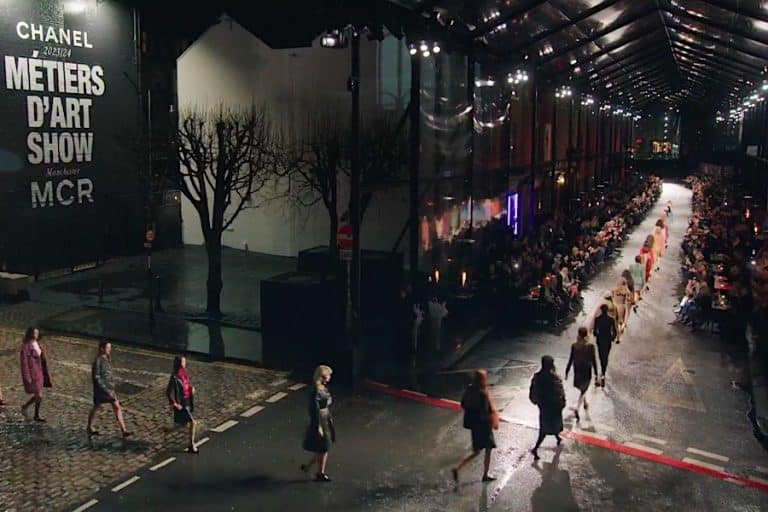
When CHANEL rocked “effervescent” Manchester with mind-blowing fashion show
